Literary Fiction
Literary Fiction focuses on character development, introspective themes, and stylistic writing rather than fast-paced plots or genre conventions.
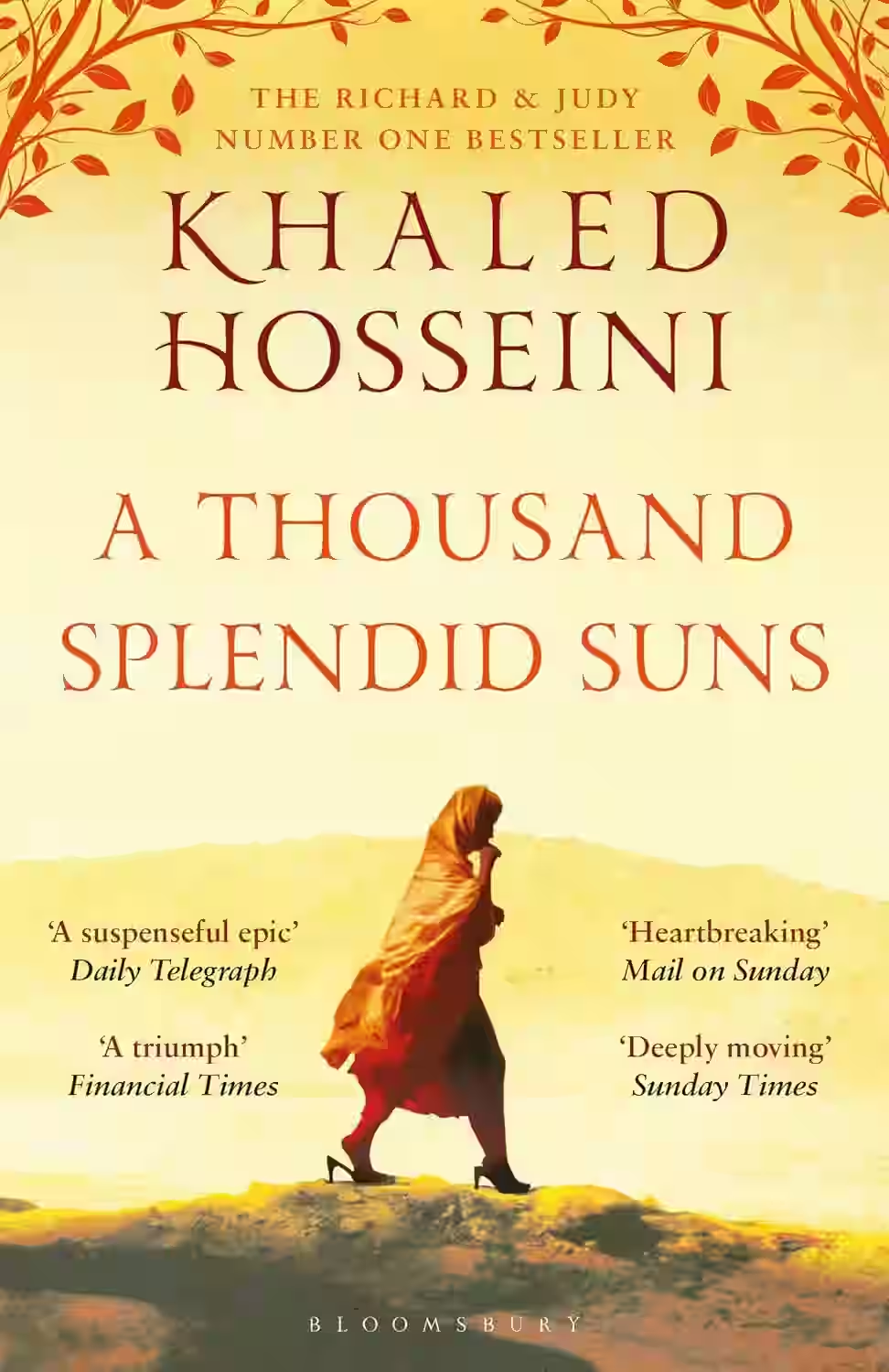
A Thousand Splendid Suns
Khaled Hosseini's "A Thousand Splendid Suns" intricately weaves the lives of two Afghan women across a backdrop of societal turmoil and constant warfare. Spanning multiple decades, the novel brings to life the struggles and resilience of Mariam and Laila, whose intertwined fates encapsulate the devastating effects of domestic oppression and the unyielding spirit of female friendship and solidarity. Hosseini's eloquent prose and empathetic storytelling capture the essence of Afghanistan’s cultural and historical landscape, drawing readers into a narrative that is both heart-wrenching and uplifting. Through its vivid portrayal of sacrifice and hope, the book deeply resonates, shedding light on themes of endurance, love, and redemption.
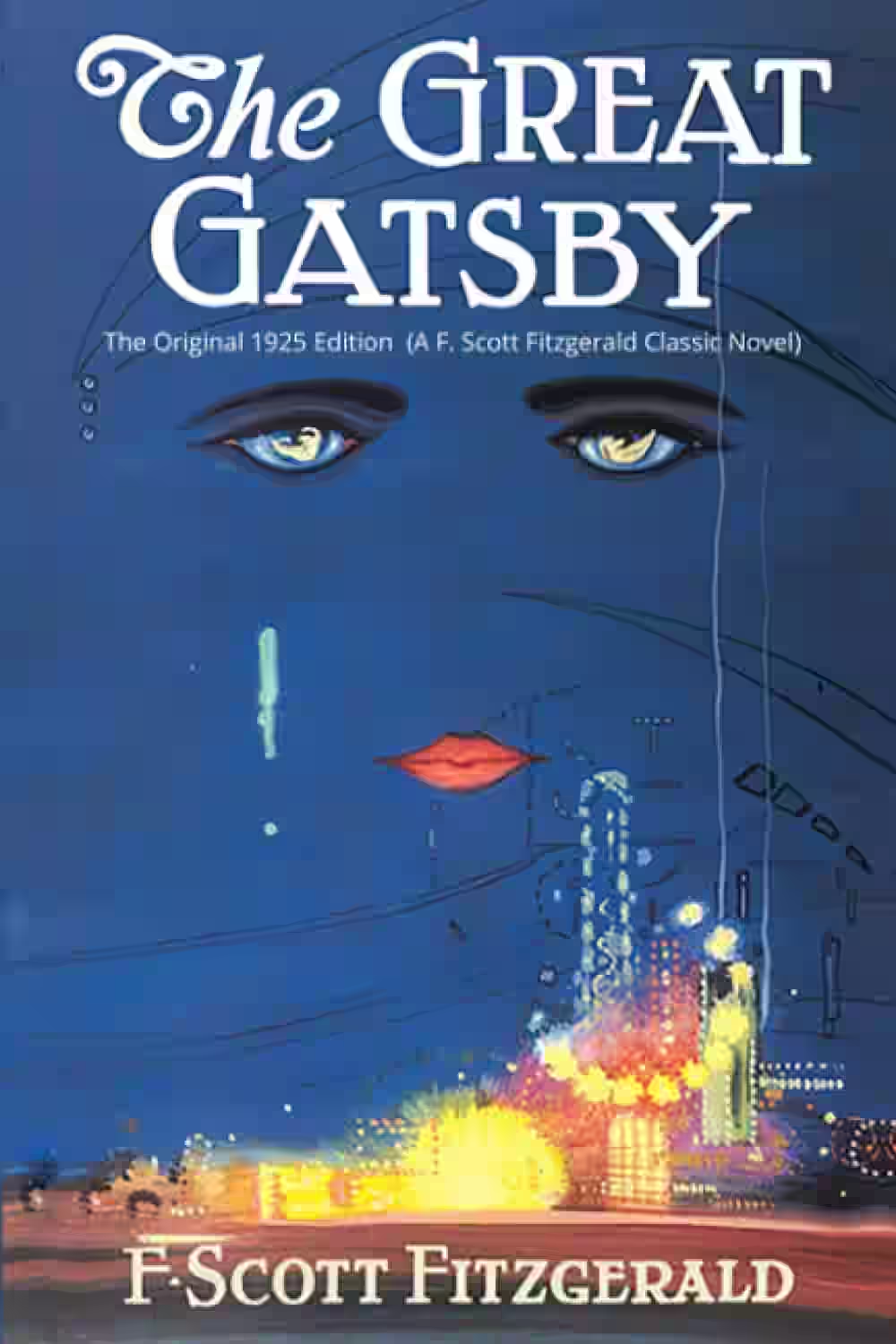
The Great Gatsby
Set in the decadent summer of 1922, this masterpiece follows mysterious millionaire Jay Gatsby's obsessive pursuit of his former love, Daisy Buchanan. Through the eyes of narrator Nick Carraway, the story unfolds in a world of lavish parties and empty morality, exploring themes of wealth, love, and the corruption of the American Dream. As Gatsby's facade crumbles, the novel reveals the hollow heart of the Jazz Age.
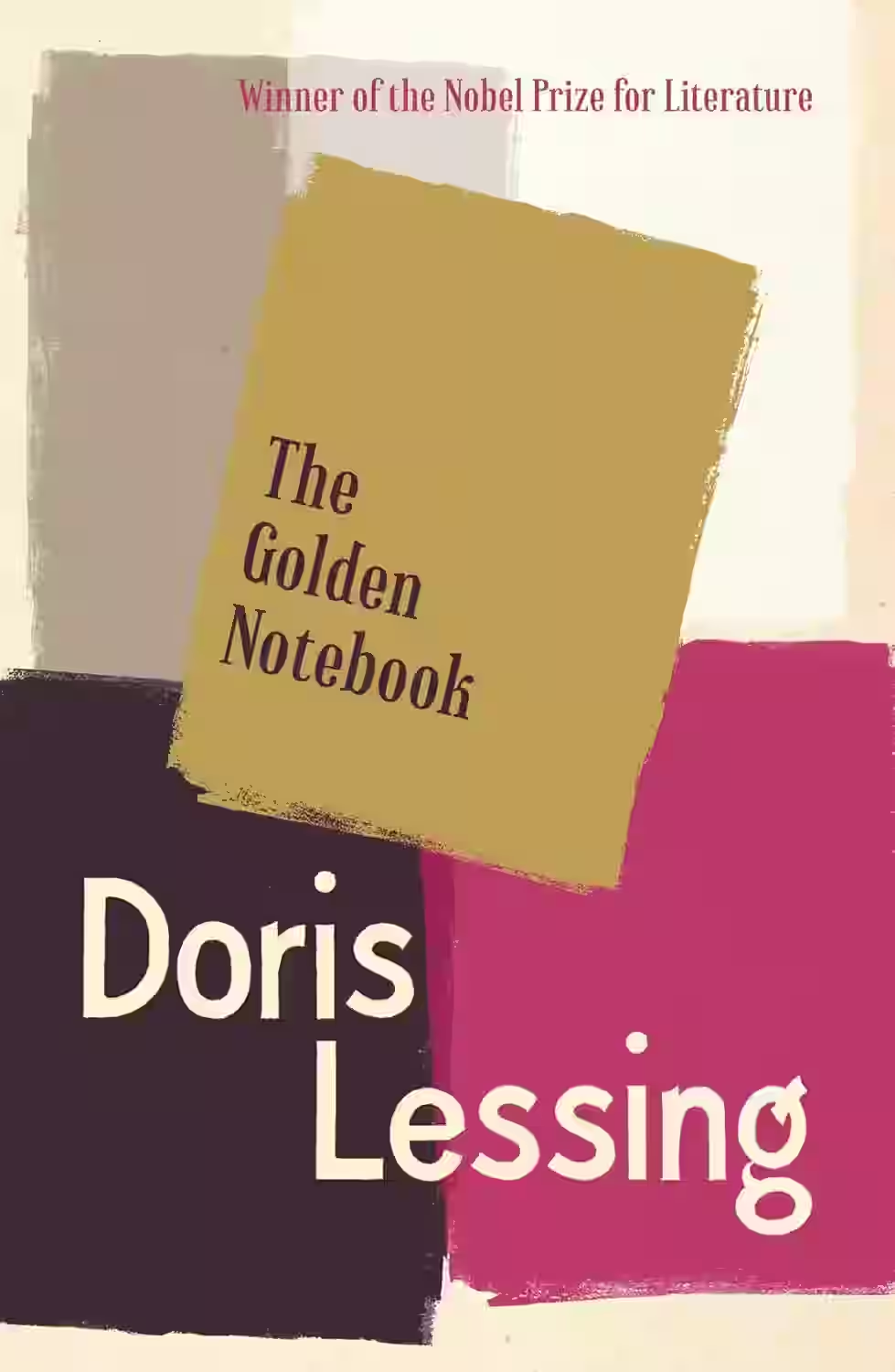
The Golden Notebook
Anna is a writer, author of one very successful novel, who now keeps four notebooks. In one, with a black cover, she reviews the African experience of her earlier year. In a red one she records her political life, her disillusionment with communism. In a yellow one she writes a novel in which the heroine relives part of her own experience. And in the blue one she keeps a personal diary. Finally, in love with an American writer and threatened with insanity, Anna tries to bring the threads of all four books together in a golden notebook.

Never Let Me Go
In an English boarding school, students slowly discover they are being raised for a specific and disturbing purpose. As they grow up and fall in love, they must come to terms with their predetermined fate. The novel explores what it means to be human, the ethics of scientific advancement, and the power of love and friendship in the face of mortality.
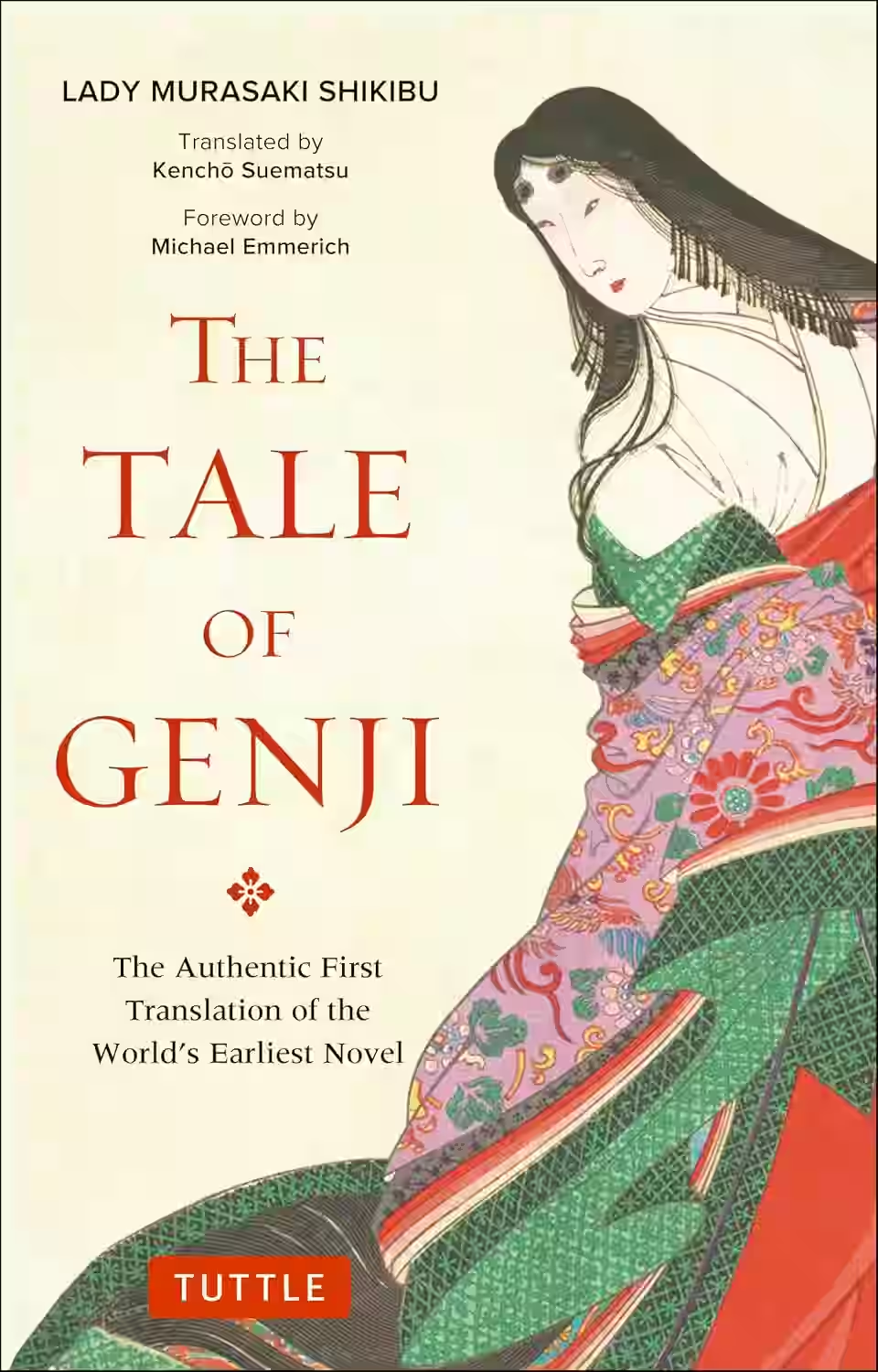
The Tale of Genji
Often considered the world’s first novel, The Tale of Genji follows the romantic and political life of Prince Genji in the Heian-era Japanese court. Written in the 11th century by noblewoman Murasaki Shikibu, it explores themes of love, impermanence, and societal duty. With intricate characters and poetic prose, it offers a vivid glimpse into courtly life, aesthetics, and gender roles in classical Japan. A literary masterpiece of both historical and emotional depth.
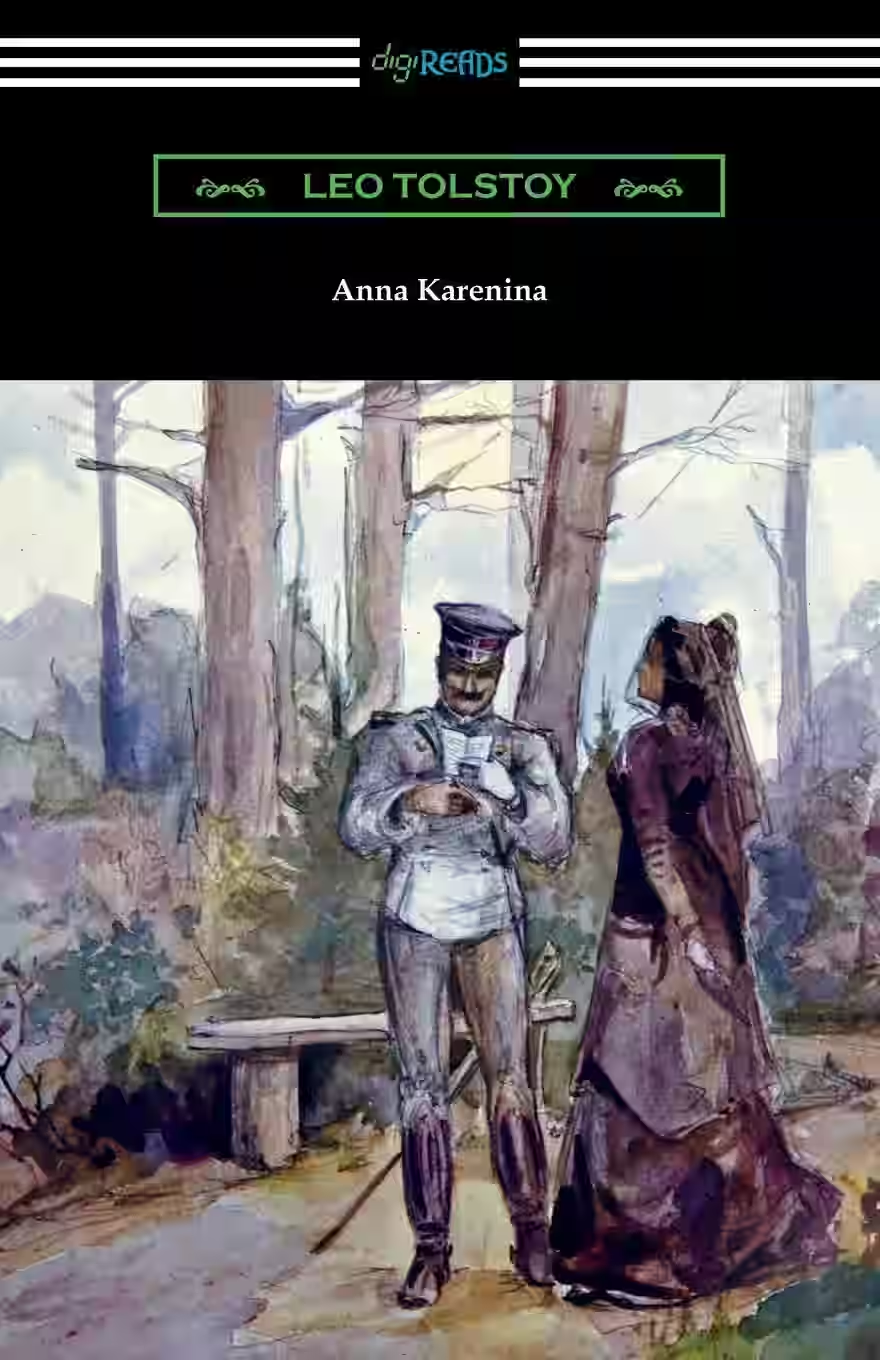
Anna Karenina
by Leo Tolstoy
Acclaimed by many as the world's greatest novel, Anna Karenina provides a vast panorama of contemporary life in Russia and of humanity in general. In it Tolstoy uses his intense imaginative insight to create some of the most memorable characters in all of literature. Anna is a sophisticated woman who abandons her empty existence as the wife of Karenin and turns to Count Vronsky to fulfil her passionate nature - with tragic consequences. Levin is a reflection of Tolstoy himself, often expressing the author's own views and convictions.
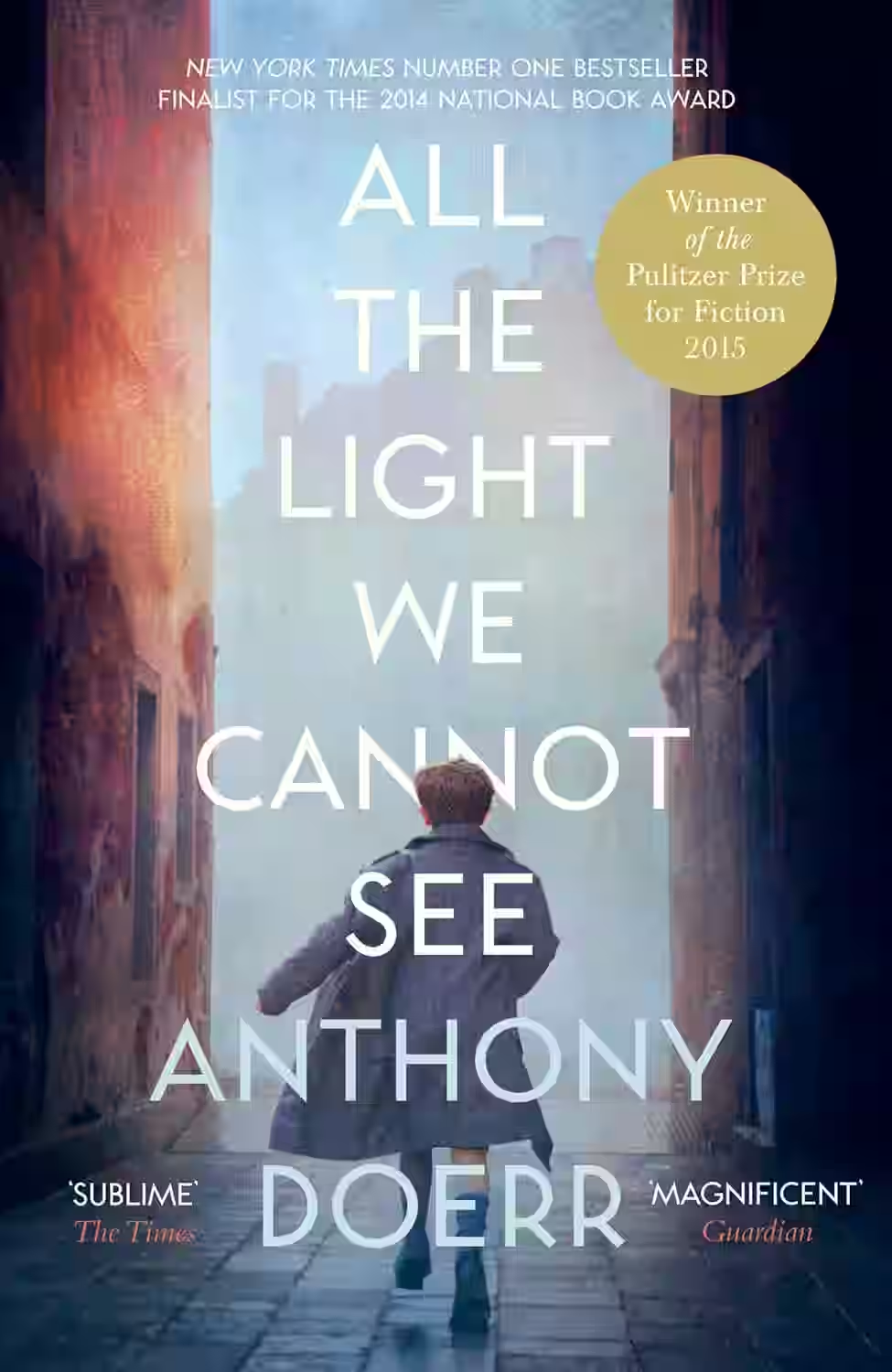
All the Light We Cannot See
Marie-Laure lives in Paris near the Museum of Natural History, where her father works. When she is twelve, the Nazis occupy Paris and father and daughter flee to the walled citadel of Saint-Malo, where Marie-Laure’s reclusive great uncle lives in a tall house by the sea. With them they carry what might be the museum’s most valuable and dangerous jewel. In a mining town in Germany, Werner Pfennig, an orphan, grows up with his younger sister, enchanted by a crude radio they find that brings them news and stories from places they have never seen or imagined. Werner becomes an expert at building and fixing these crucial new instruments and is enlisted to use his talent to track down the resistance. Deftly interweaving the lives of Marie-Laure and Werner, Doerr illuminates the ways, against all odds, people try to be good to one another.
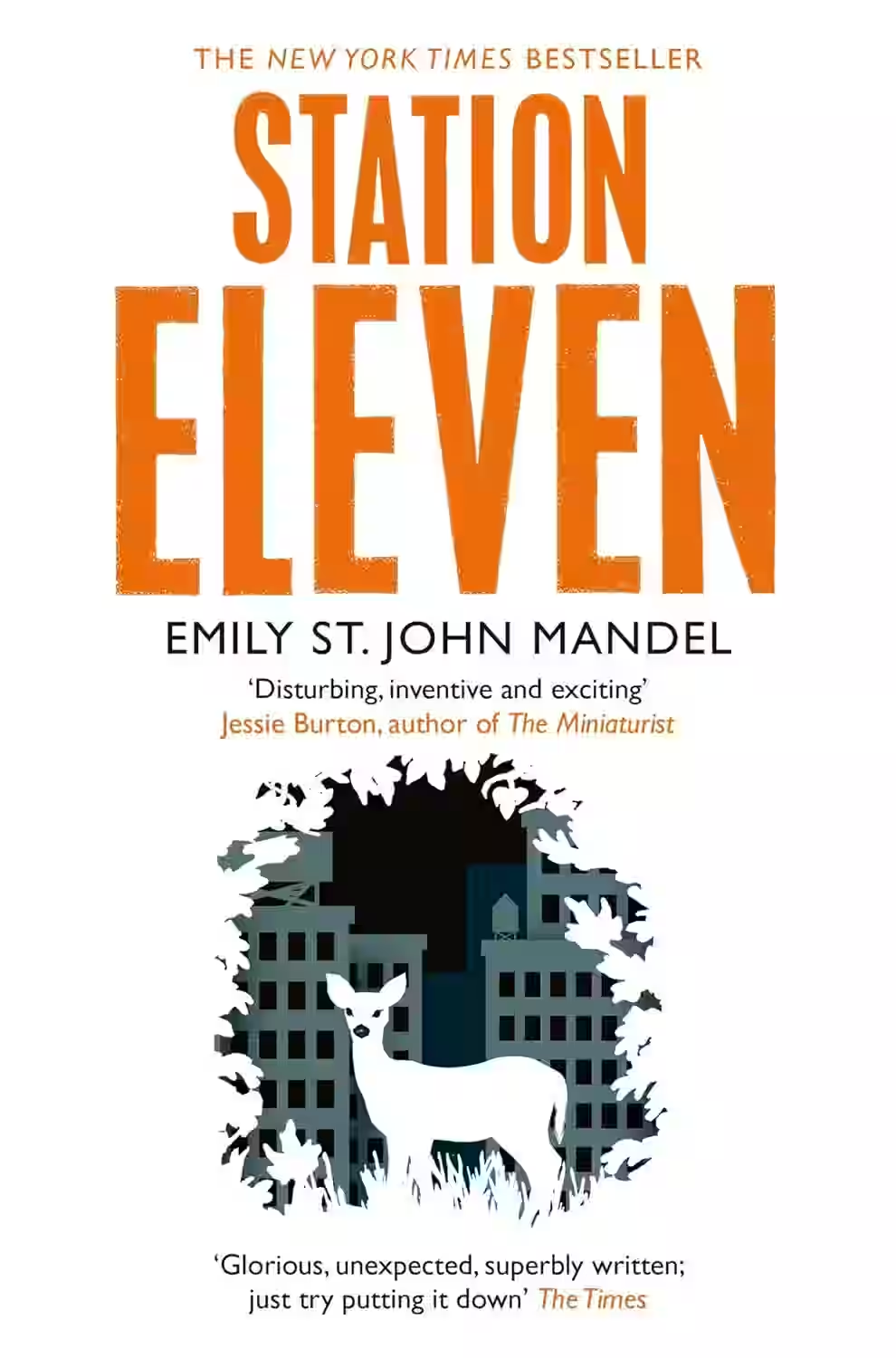
Station Eleven
Station Eleven by Emily St. John Mandel is a haunting and beautifully written novel set in the aftermath of a devastating pandemic. It weaves together the lives of a Hollywood actor, a nomadic group of performers, and survivors clinging to remnants of the old world. Spanning decades and shifting between past and future, the story explores memory, art, and human connection in the face of collapse. As the Traveling Symphony brings Shakespeare to scattered settlements, Mandel examines what remains when everything else is lost. A moving, literary tale of resilience and the enduring power of storytelling.

The Wind-Up Bird Chronicle
A mesmerising, surreal novel - Murakami's most celebrated and influential masterpiece. Toru Okada's cat has disappeared. His wife is growing more distant every day. Then there are the increasingly explicit telephone calls he has recently been receiving. As this compelling story unfolds, the tidy suburban realities of Okada's vague and blameless life, spent cooking, reading, listening to jazz and opera and drinking beer at the kitchen table, are turned inside out, and he embarks on a bizarre journey, guided (however obscurely) by a succession of characters, each with a tale to tell.
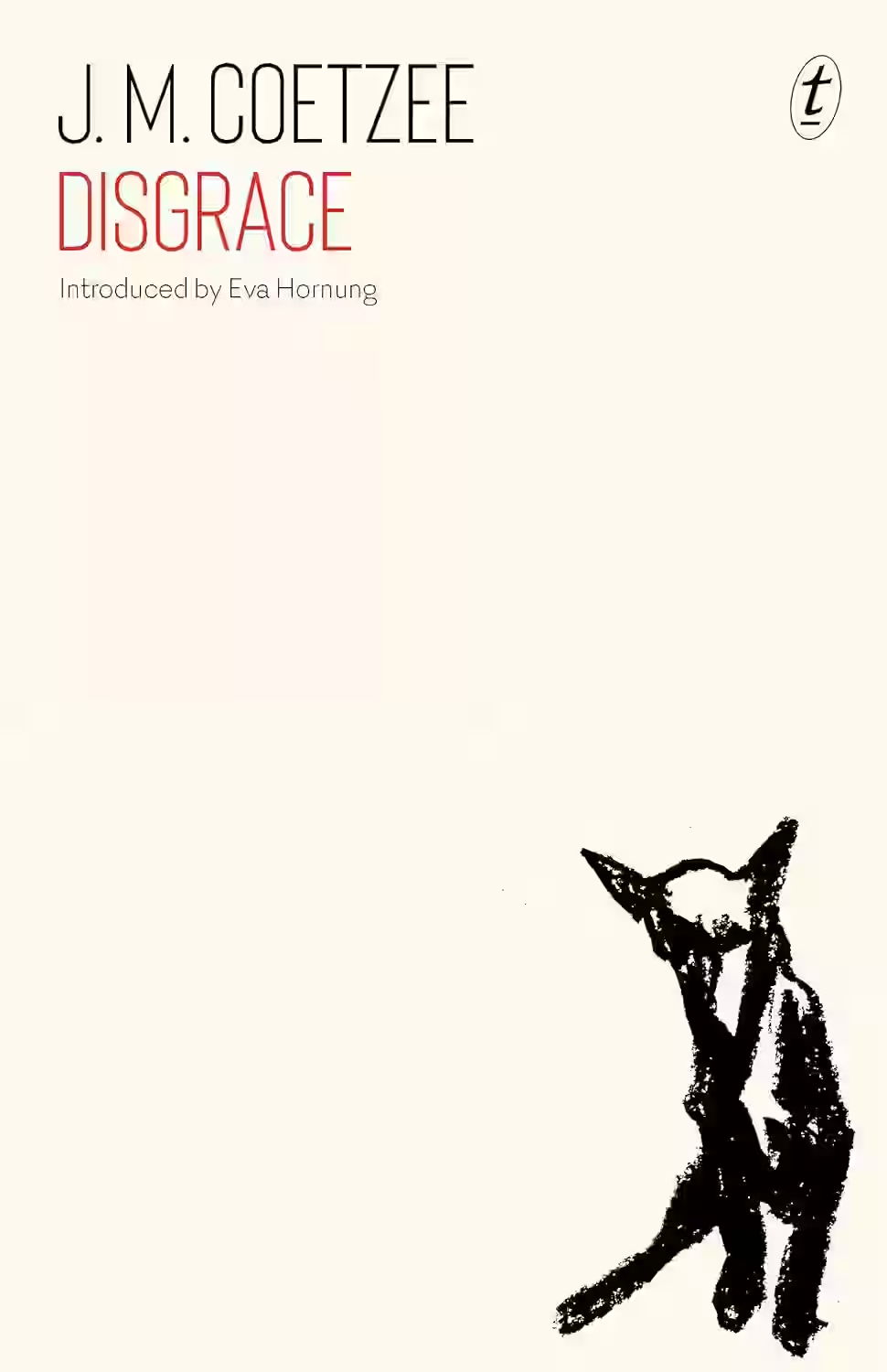
Disgrace
by J.M. Coetzee
J. M. Coetzee's Booker Prize-winning novel Disgrace, set in post-apartheid South Africa, takes us into the disquieting mind of twice-divorced university teacher David Lurie as he loses his job and his honour after engaging in an ill-advised affair with a susceptible student. When he retreats to his daughter's farm, a brutal attack highlights their fractured relationship. Is it only through intense suffering and shame-his own as well as that of others-that David can begin to change, to understand his country and what it means to be human? In Disgrace, this Nobel-Prize winning writer examines ideas of evil, violence, dignity and redemption in a country dominated by the power dynamics of race.
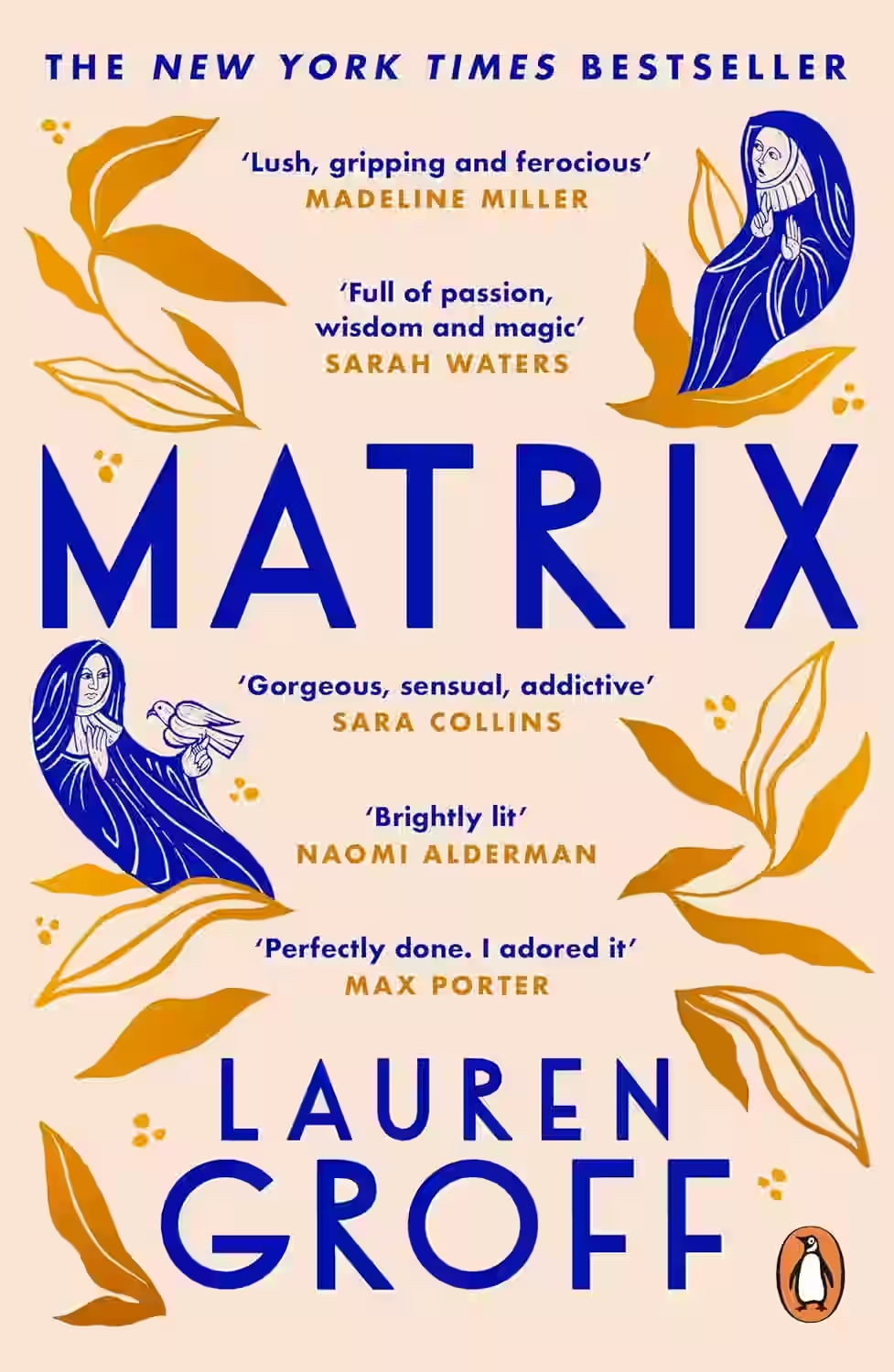
Matrix
by Lauren Groff
Set in 12th-century France, Matrix follows Marie de France, cast out of the royal court and sent to live in a poverty-stricken abbey. There, she transforms the convent into a thriving, autonomous community of women, wielding spiritual and political power in a male-dominated world. Groff reimagines history with lyrical prose, exploring themes of female agency, mysticism, faith, and queerness. Inspired by a real medieval poet, this is a visionary and feminist novel about creation, leadership, and devotion, both sacred and secular. Matrix is a powerful meditation on the lives women build when the world tries to shut them out.
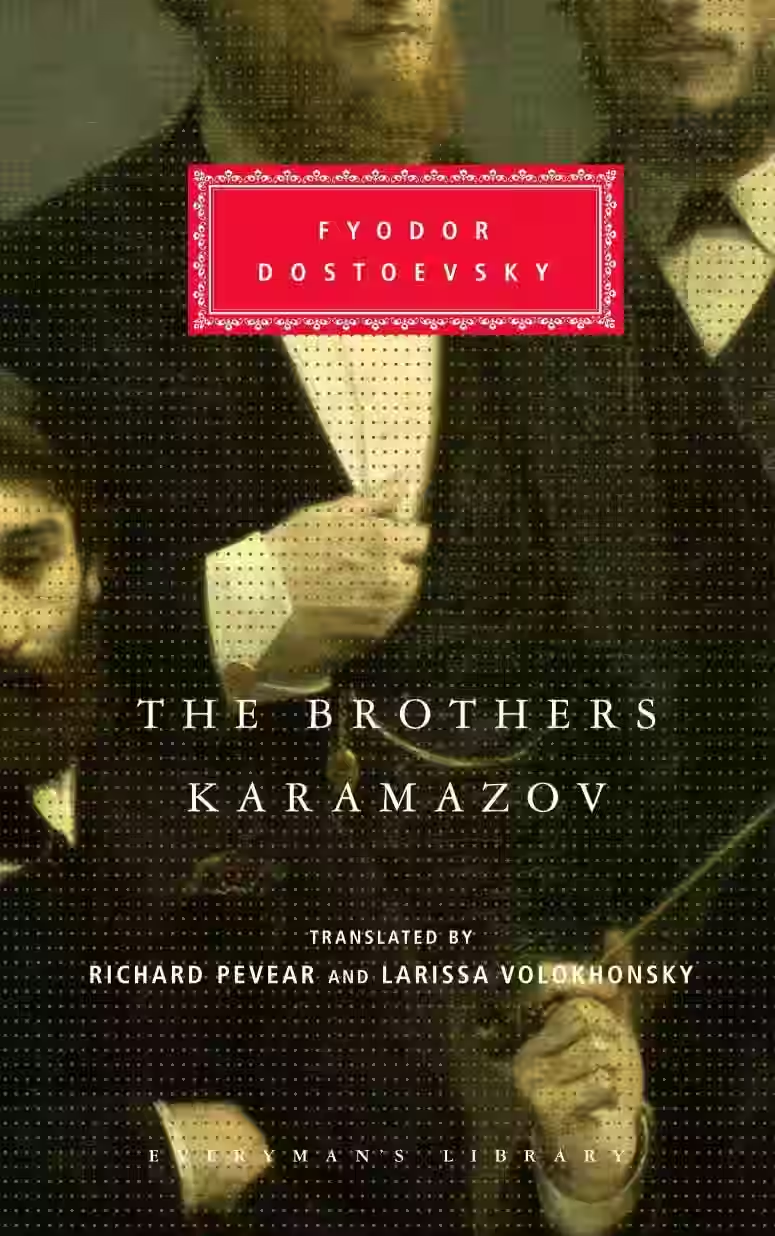
The Brothers Karamazov
The murder of brutal landowner Fyodor Karamazov changes the lives of his sons irrevocably: Mitya, the sensualist, whose bitter rivalry with his father immediately places him under suspicion for parricide; Ivan, the intellectual, driven to breakdown; the spiritual Alyosha, who tries to heal the family's rifts; and the shadowy figure of their bastard half-brother, Smerdyakov. Dostoyevsky's dark masterwork evokes a world where the lines between innocence and corruption, good and evil, blur and everyone's faith in humanity is tested.
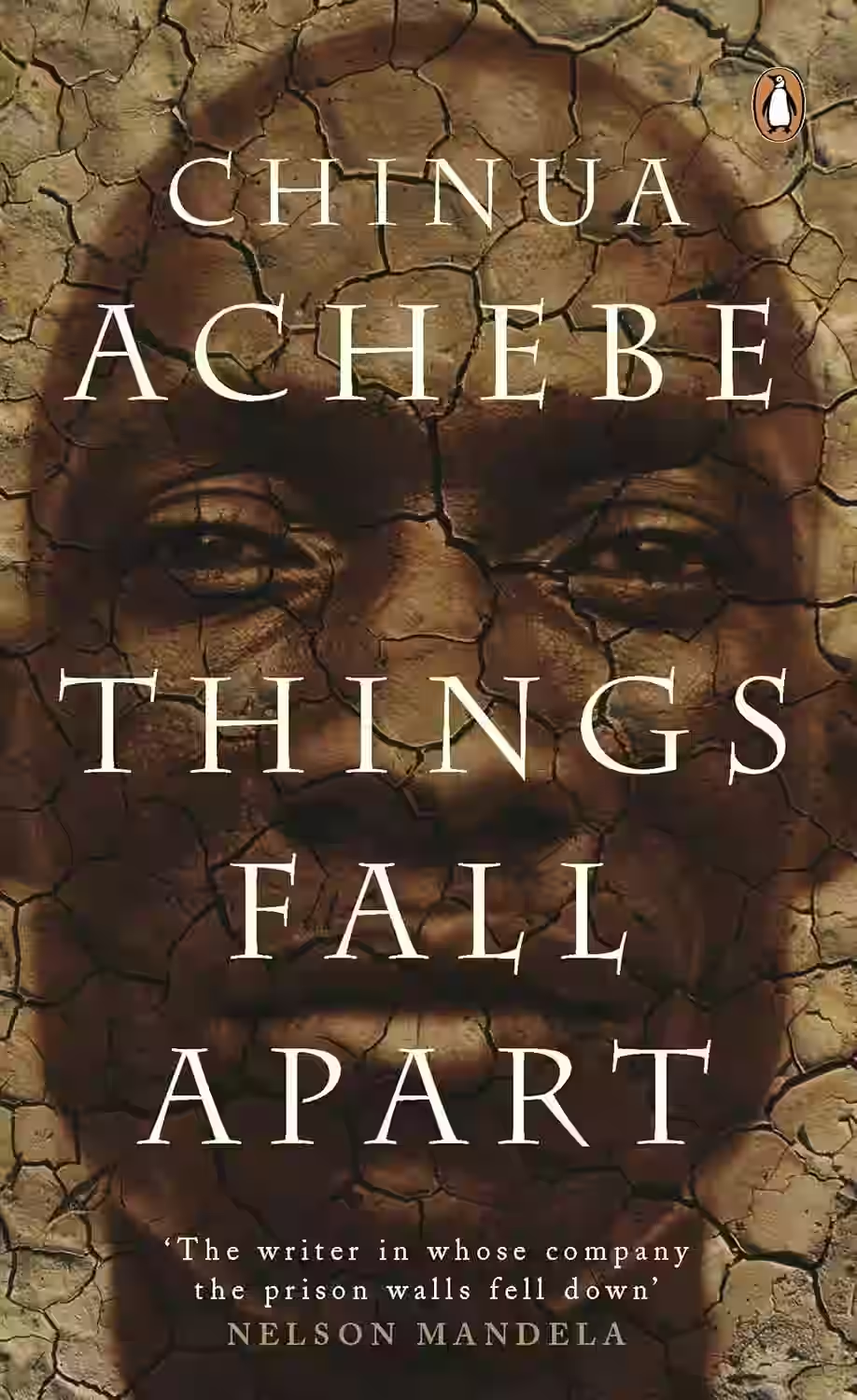
Things Fall Apart
Okonowo is the greatest warrior alive. His fame has spread like a bushfire in West Africa and he is one of the most powerful men of his clan. But he also has a fiery temper. Determined not to be like his father, he refuses to show weakness to anyone - even if the only way he can master his feelings is with his fists. When outsiders threaten the traditions of his clan, Okonowo takes violent action. Will the great man's dangerous pride eventually destroy him?
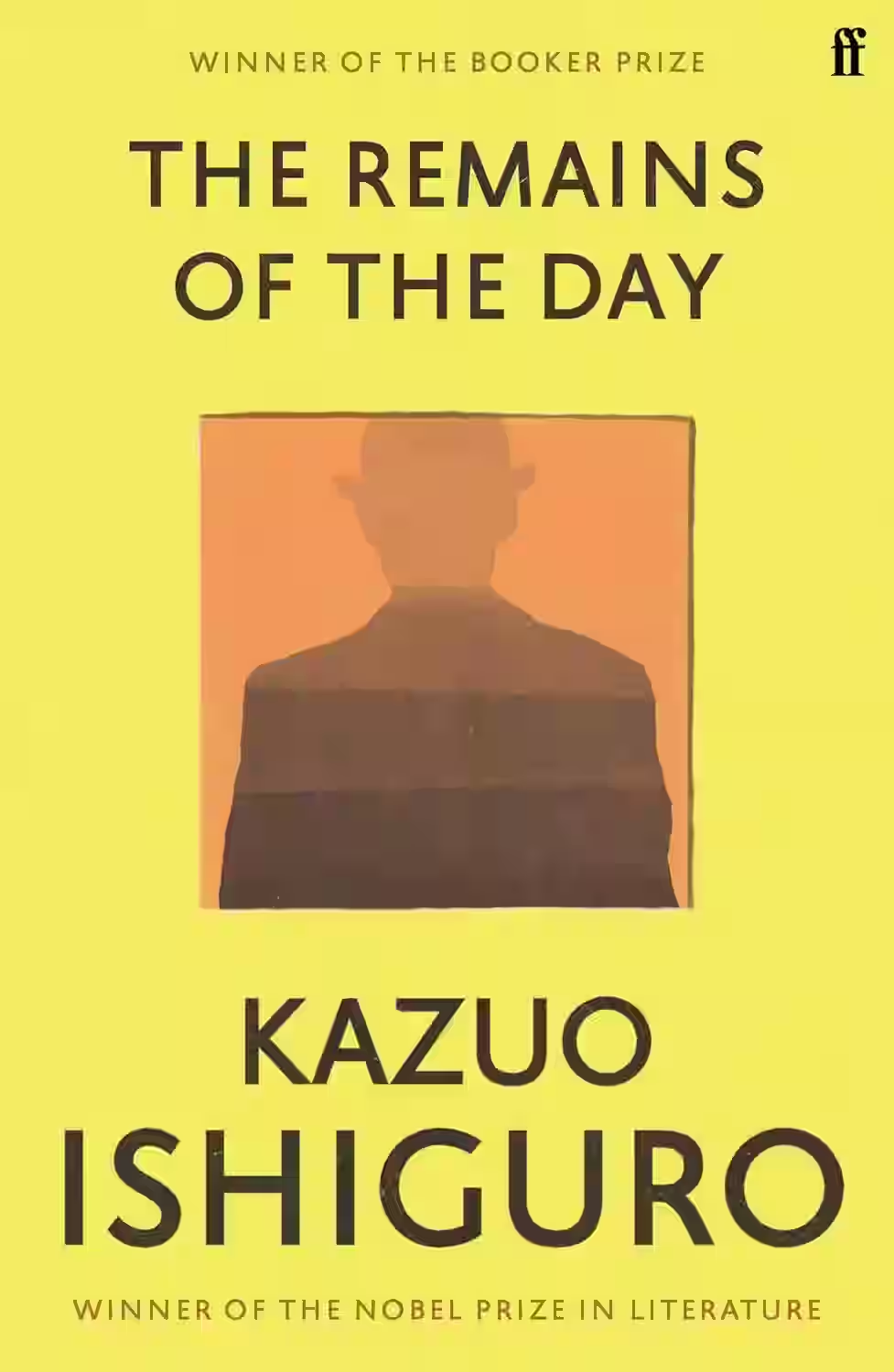
The Remains of the Day
Winner 1989 Booker Prize: A tragic, spiritual portrait of a perfect English butler and his reaction to his fading insular world in post-war England. From the Nobel Prize-winning author of Never Let Me Go. In the summer of 1956, Stevens, the ageing butler of Darlington Hall, embarks on a leisurely holiday that will take him deep into the countryside and into his past . A contemporary classic, The Remains of the Day is Kazuo Ishiguro's beautiful and haunting evocation of life between the wars in a Great English House, of lost causes and lost love.
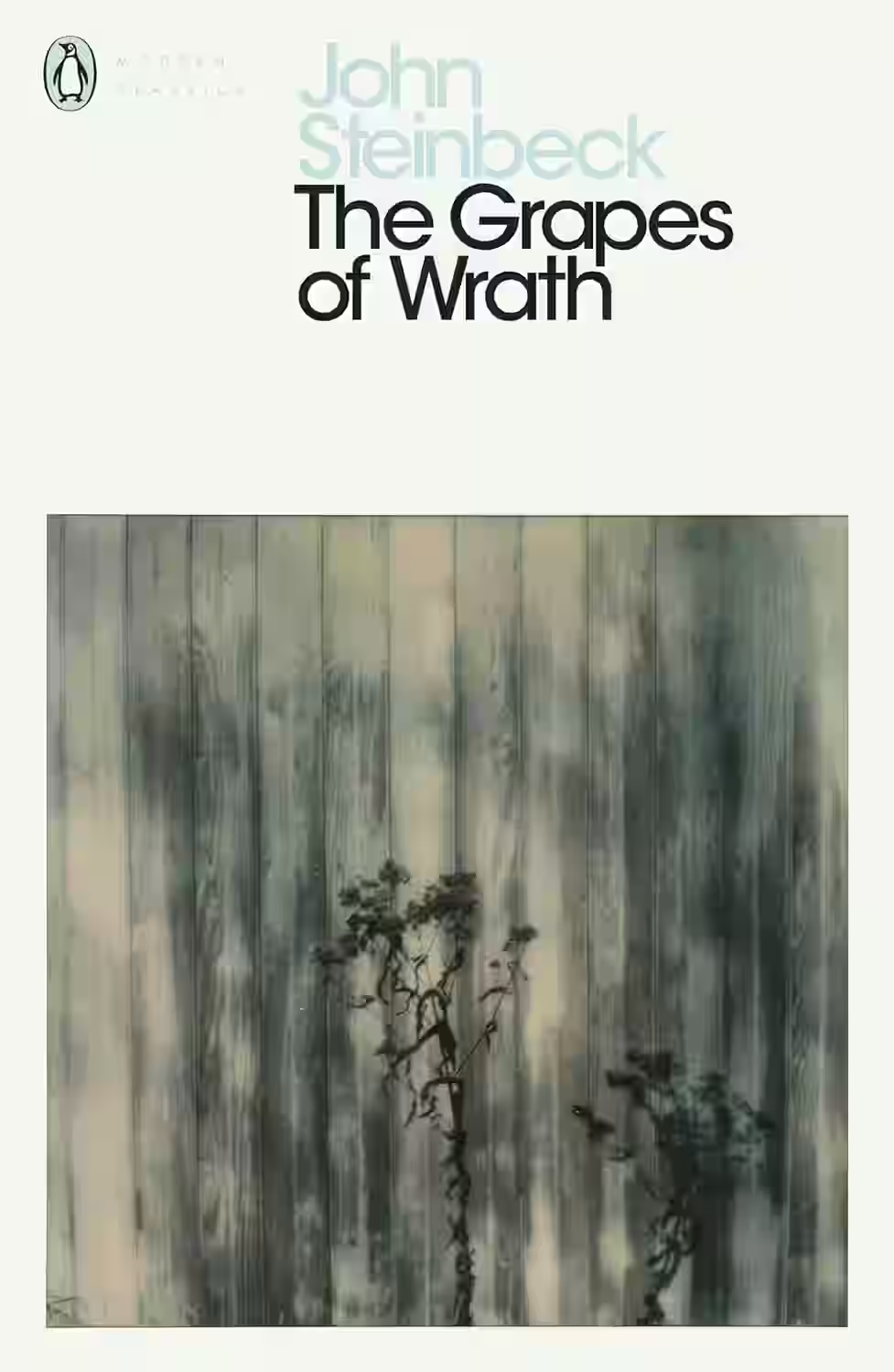
The Grapes of Wrath
Shocking and controversial when it was first published in 1939, Steinbeck's Pulitzer prize-winning epic remains his undisputed masterpiece. Set against the background of dust bowl Oklahoma and Californian migrant life, it tells of the Joad family, who, like thousands of others, are forced to travel West in search of the promised land. Their story is one of false hopes, thwarted desires and broken dreams, yet out of their suffering Steinbeck created a drama that is intensely human, yet majestic in its scale and moral vision; an eloquent tribute to the endurance and dignity of the human spirit.
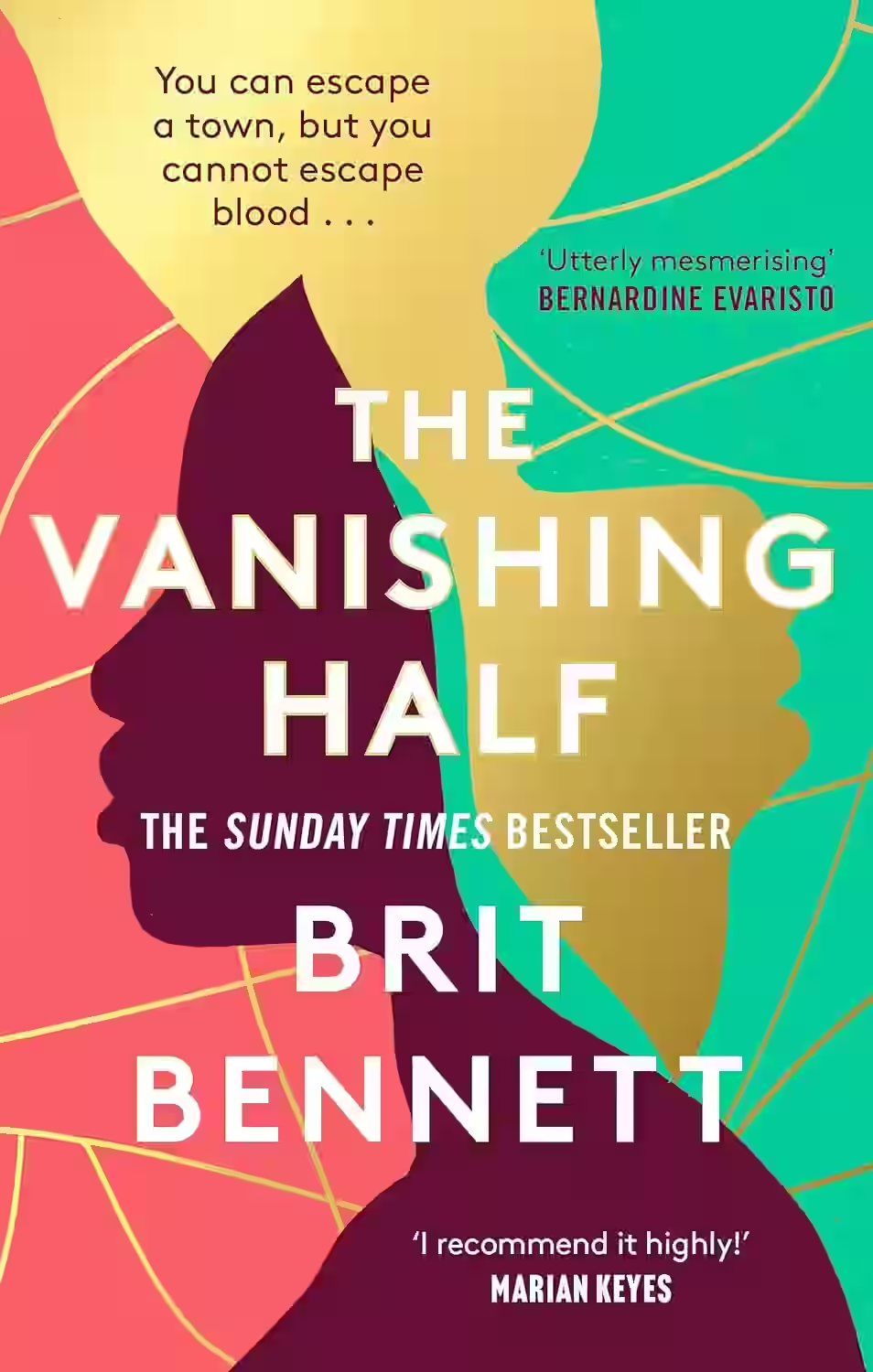
The Vanishing Half
by Brit Bennett
Twin sisters Desiree and Stella grow up in a small Southern Black community where light skin is prized. One eventually disappears to live as a white woman, severing ties with her past. Decades later, their daughters’ lives intersect, uncovering family secrets and confronting issues of race, identity, and generational legacy. The Vanishing Half is a powerful exploration of the choices that define us and the stories we inherit. With beautiful prose and emotional depth, Brit Bennett delivers a poignant, sweeping novel about passing, belonging, and the bonds of sisterhood.
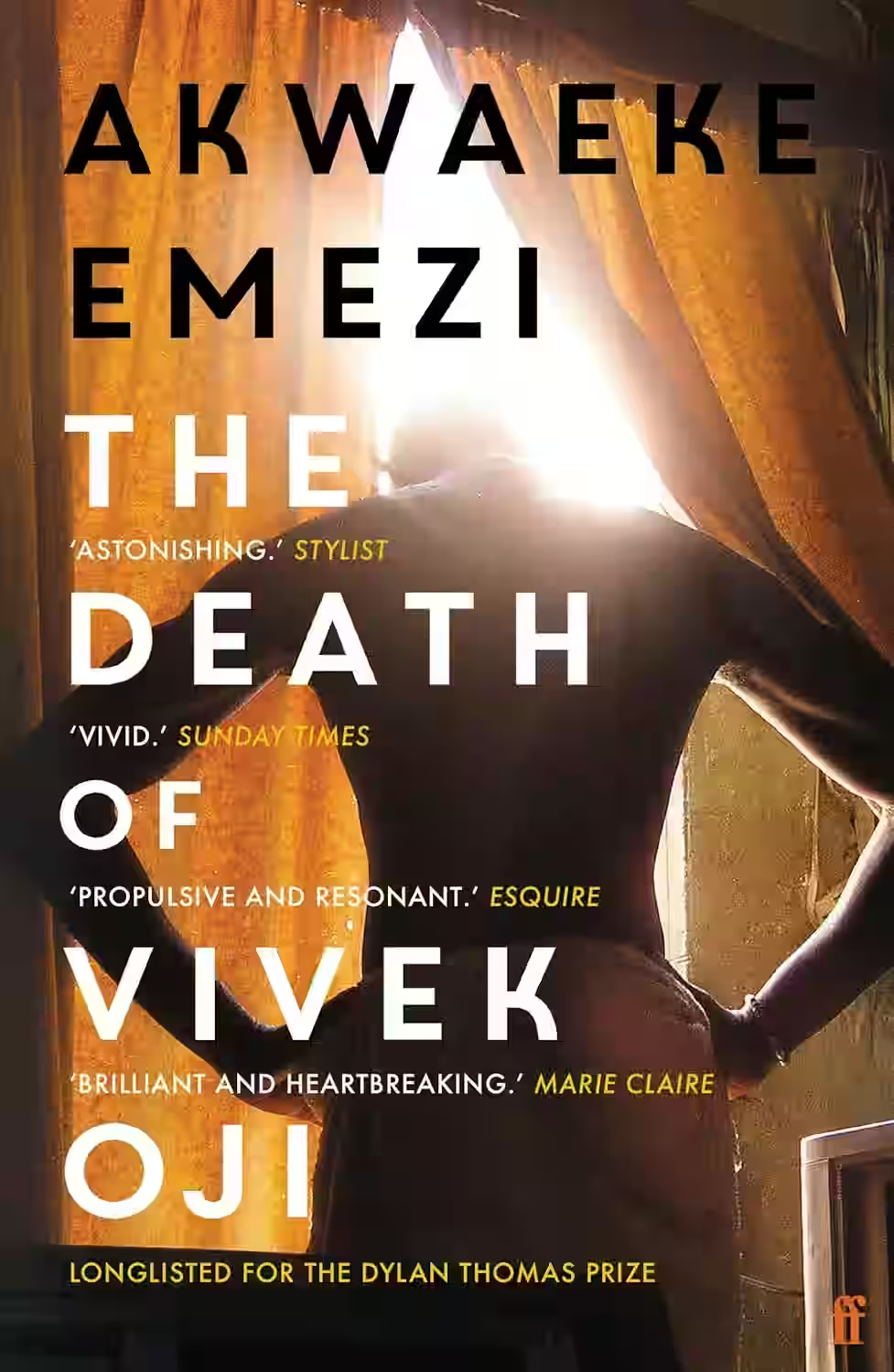
The Death of Vivek Oji
This emotional and lyrical novel begins with a body left on a Nigerian doorstep—the body of Vivek Oji. As family and friends piece together his life and death, a portrait emerges of a gentle, misunderstood soul navigating gender identity, family expectations, and queerness in a conservative society. Told with tenderness and poetic prose, The Death of Vivek Oji explores love, grief, identity, and the spaces between. It’s a poignant and powerful story about living one’s truth in a world that often refuses to see. Emezi offers a deeply human narrative full of compassion and quiet rebellion.
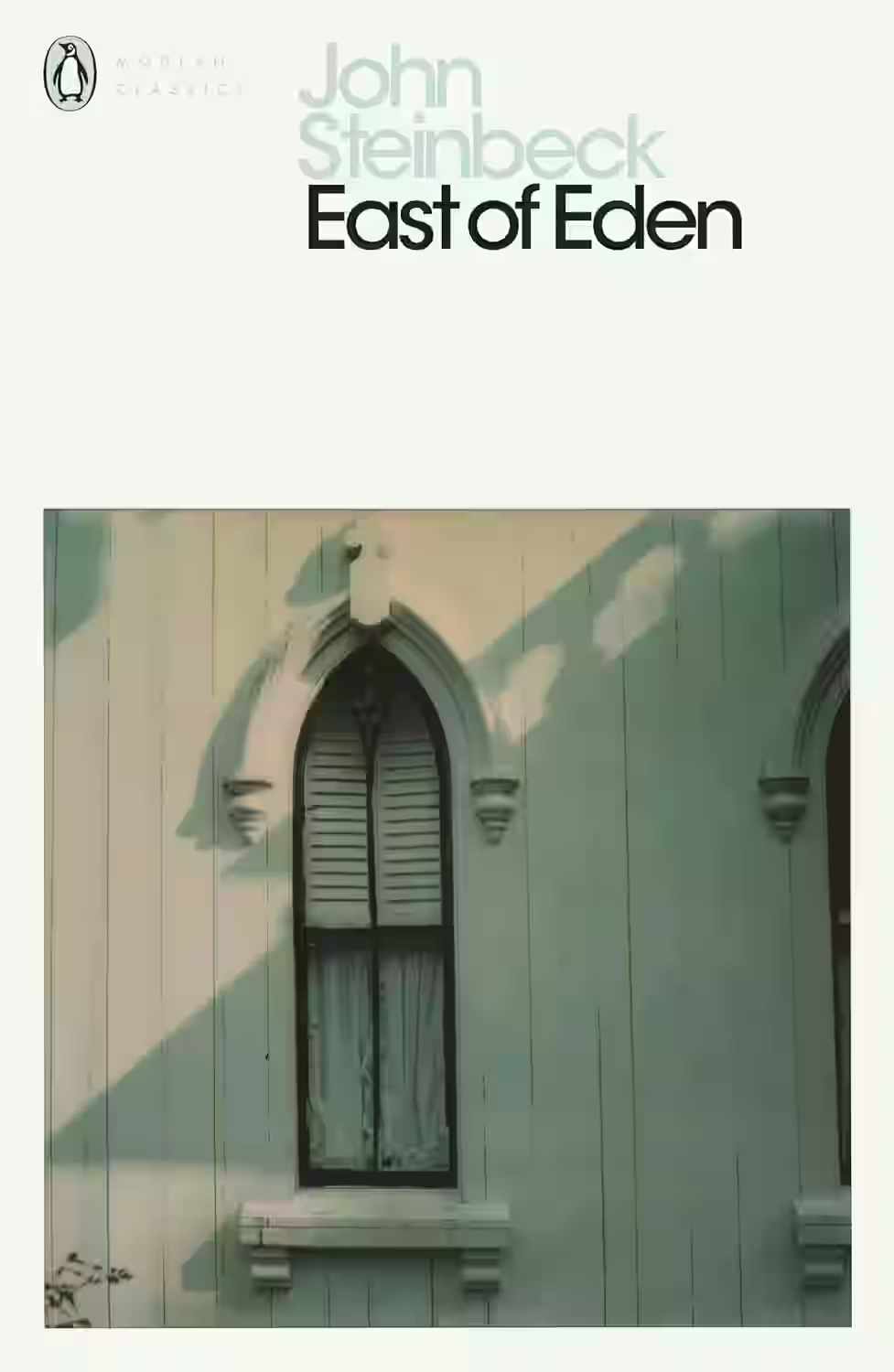
East of Eden
Set in the rich farmland of the Salinas Valley, California, this powerful, often brutal novel, follows the interwined destinies of two families - the Trasks and the Hamiltons - whose generations hopelessly re-enact the fall of Adam and Eve and the poisonous rivalry of Cain and Abel. Here Steinbeck created some of his most memorable characters and explored his most enduring themes- the mystery of indentity; the inexplicability of love, and the murderous consequences of love's absence.
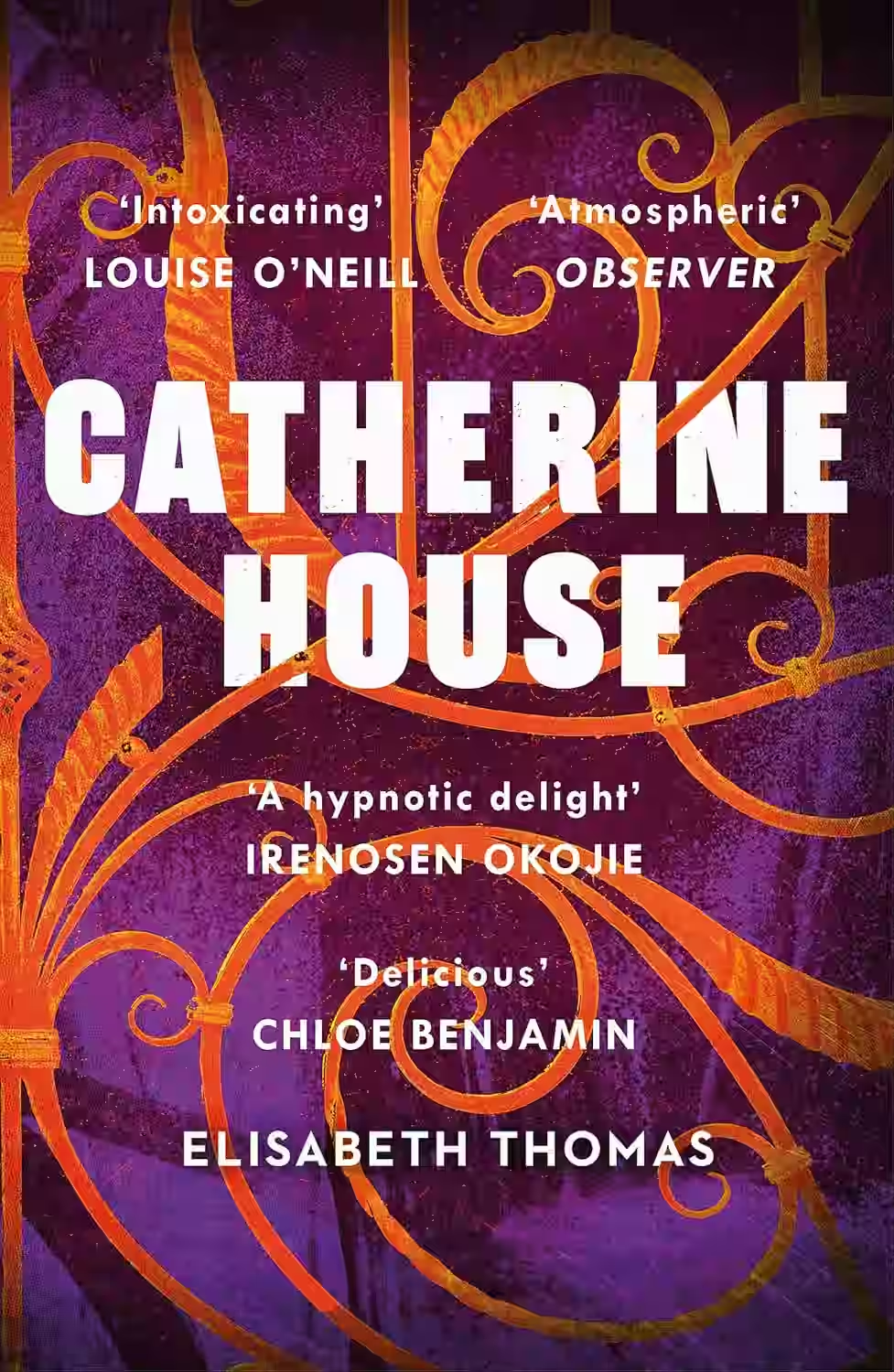
Catherine House
In 'Catherine House' by Elisabeth Thomas, readers are drawn into the mysterious and dark world of an elite university where students trade their freedom for intellectual pursuit. The novel delves into themes of power, isolation, ambition, and the sacrifices one makes in pursuit of knowledge. As Ines, the protagonist, uncovers the unsettling secrets of Catherine House, she becomes entangled in a web of intrigue and danger that challenges her perceptions of reality. Thomas weaves a captivating narrative that keeps readers on edge, questioning the price of excellence. 'Catherine House' is a haunting and atmospheric debut that lingers in the mind long after the final page.
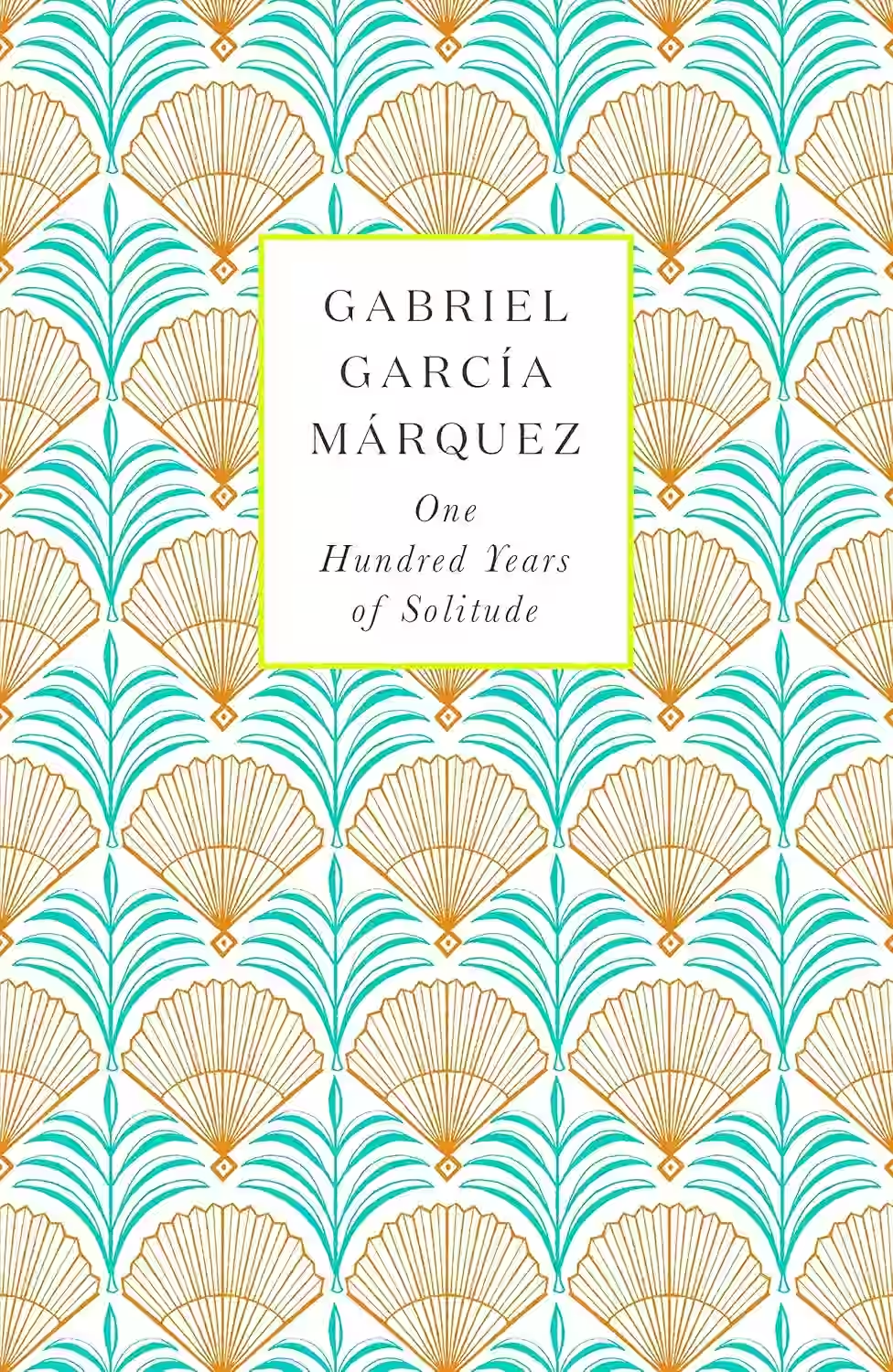
One Hundred Years of Solitude
This masterpiece of magical realism chronicles seven generations of the Buend’a family in the mythical town of Macondo. From its founding through its apocalyptic end, the story weaves together the fantastical and the historical, following characters who are haunted by ghosts, blessed with supernatural powers, and caught in cycles of love, war, and solitude. The novel explores themes of time, memory, and the cyclical nature of history.
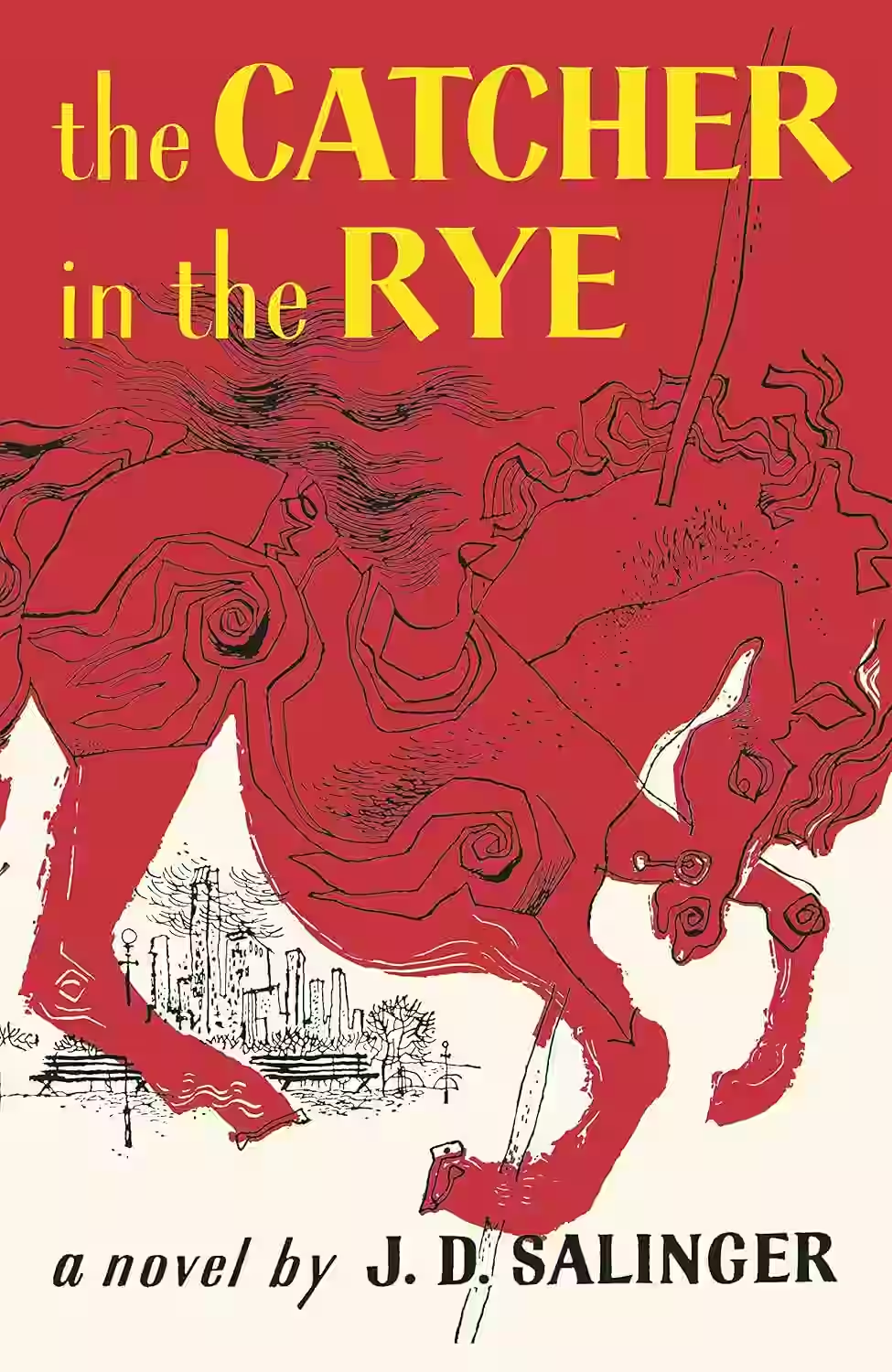
The Catcher in the Rye
A profound exploration of adolescent alienation follows sixteen-year-old Holden Caulfield through three days in New York City after being expelled from his boarding school. As he encounters various characters and situations, Holden struggles with questions of identity, connection, and the loss of innocence, all while fighting against what he sees as the adult world's "phoniness."
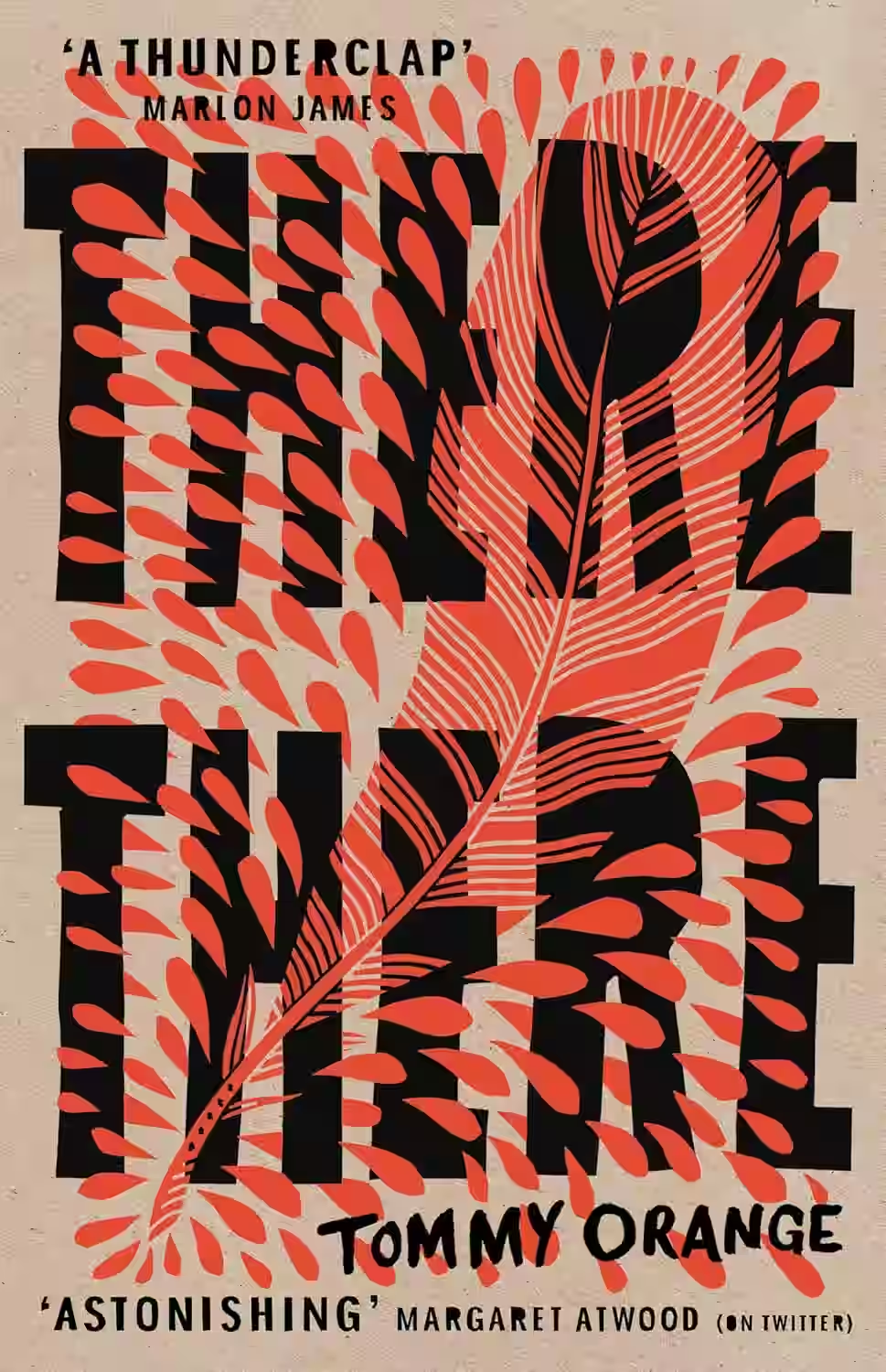
There There
by Tommy Orange
In 'There There' by Tommy Orange, the narrative weaves the lives of twelve characters of Native American descent in Oakland, each seeking identity and connection amidst urban complexities. Through interwoven perspectives, Orange explores the modern Native American experience, grappling with issues of ancestry, cultural erasure, and urban Native identity. The novel builds towards a poignant and powerful conclusion, as the characters' lives converge at a powwow, culminating in a profound exploration of heritage and belonging. Orange's prose is raw, honest, and poignant, shedding light on the resilience and struggles of Native communities. 'There There' is a thought-provoking and essential read that delves into the multifaceted layers of Native American identity.
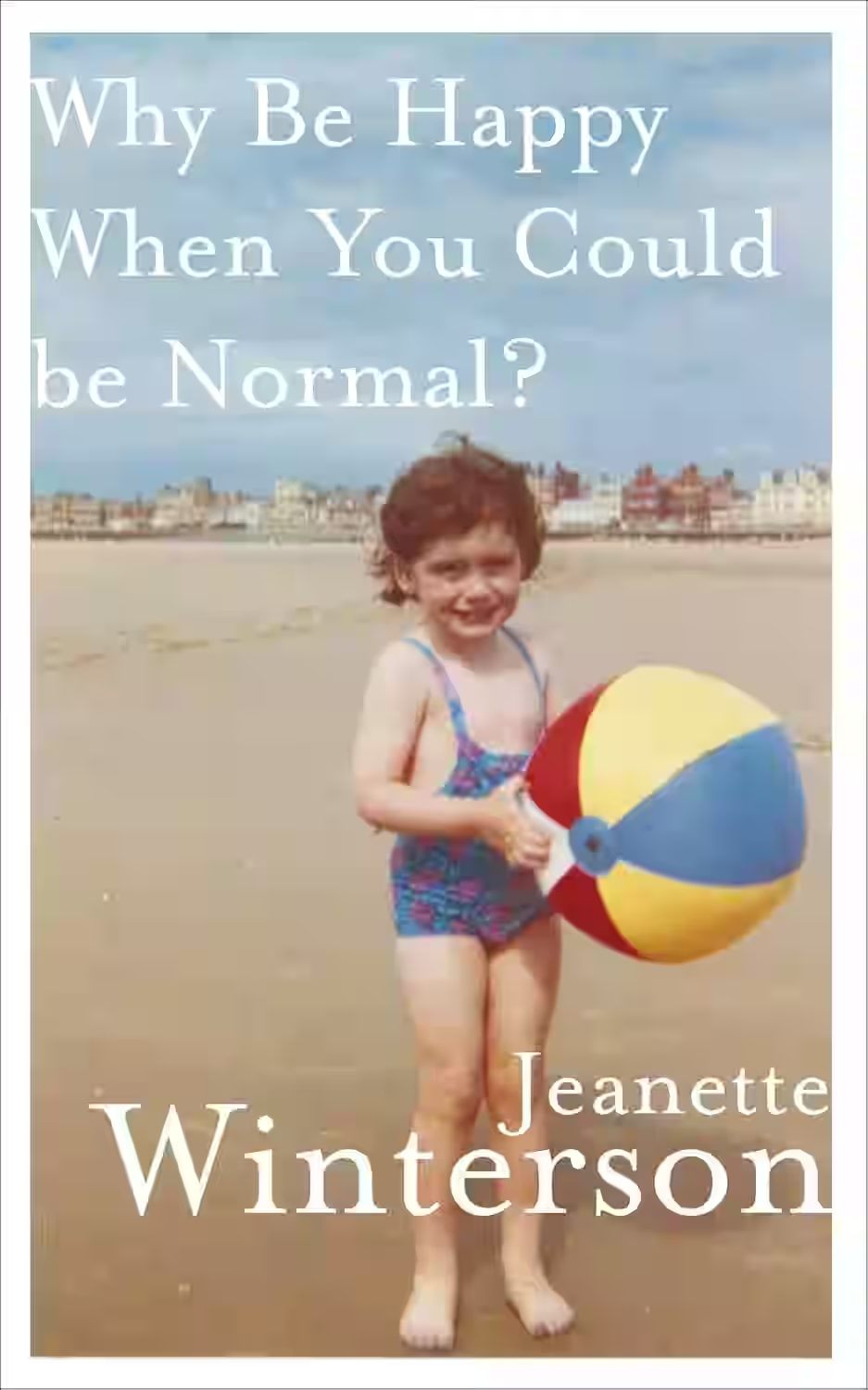
Why Be Happy When You Could Be Normal?
In 'Why Be Happy When You Could Be Normal?', Jeanette Winterson delves into her complex relationship with her adoptive mother, exploring themes of family, identity, and resilience. The memoir intertwines her tumultuous upbringing with her search for love and acceptance, ultimately leading to a powerful reflection on the importance of self-discovery and authenticity. Through lyrical prose and raw honesty, Winterson paints a vivid portrait of her journey towards understanding and forgiveness. This poignant and introspective narrative resonates with readers, offering a compelling exploration of the human spirit's capacity for healing and transformation.
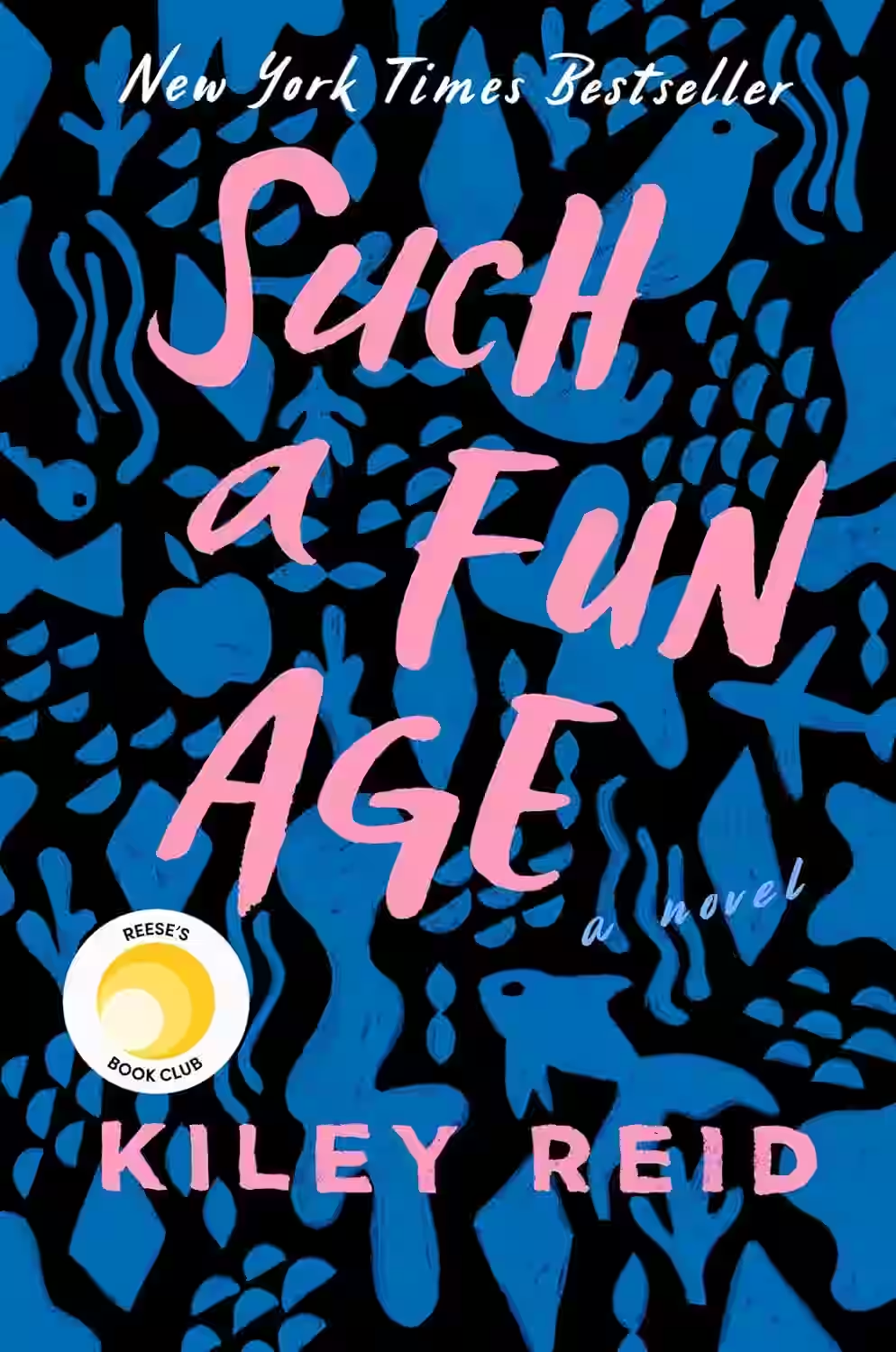
Such a Fun Age
by Kiley Reid
In 'Such a Fun Age' by Kiley Reid, we are taken on a thought-provoking journey through issues of race, privilege, and social dynamics in contemporary America. The story revolves around a young black babysitter, Emira, who gets embroiled in a challenging situation with her employer, Alix, a white woman eager to showcase her 'wokeness'. The book beautifully unpacks themes of identity, class, and the complexities of interracial relationships, all against the backdrop of a compelling narrative that keeps readers hooked till the end. Reid's writing is sharp, insightful, and filled with nuance, making this novel a must-read for anyone interested in exploring modern-day societal issues.